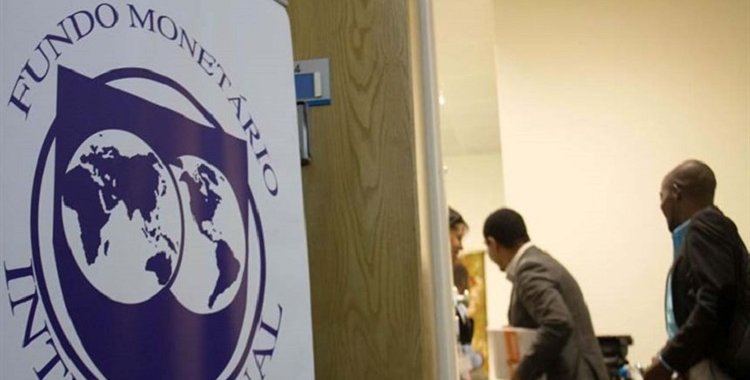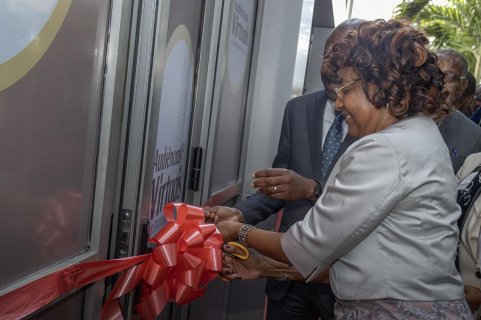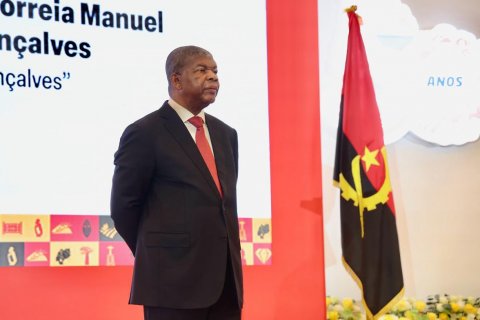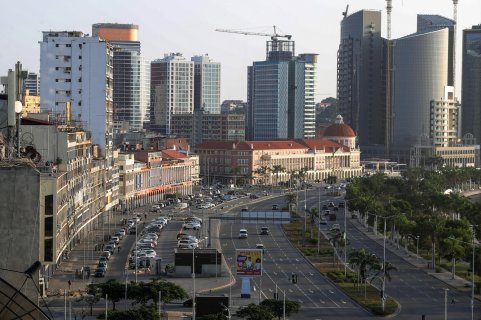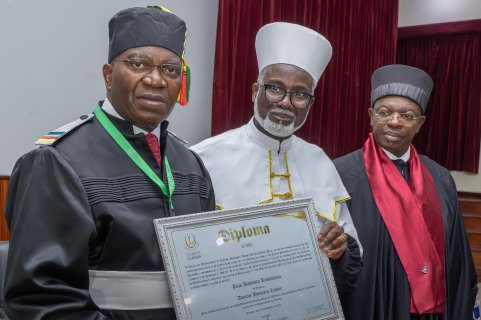"Sub-Saharan Africa as a whole is not expected to return to 2019 economic growth levels before 2022; in some of the largest economies, such as South Africa, Nigeria and Angola, growth will not return to pre-crisis levels until 2023 or 2024," reads the Economic Outlook for Sub-Saharan Africa released this Thursday by the IMF.
In the document, the IMF maintains the negative growth forecast for Angola at 4 percent, and estimates that next year the economy will already register growth, expanding by 3.2 percent, sustained by rising oil prices and measures to support the economy.
"In Angola, the crisis has added to existing vulnerabilities; real GDP is expected to contract for the fifth consecutive year, falling 4 percent in 2020, reflecting lower production and oil prices, tighter credit conditions and a decline in business activity," reads the part of the report dedicated to Angola.
"More sustained oil prices and supportive policy measures will help the economy recover in the short term, with growth returning to positive territory in 2021, with 3.2 percent," the document also notes.
In macroeconomic forecasts, the IMF estimates that inflation will rise to 21 percent this year and fall slightly to 20.6 percent in 2021, while public debt is expected to rise to 120.3 percent in 2020 and fall to 107.5 percent of GDP the following year, maintaining the forecasts presented in the third review of the IMF's financial support programme for this African country in September.
Contrary to practice in recent years, Angola's budget balance is expected to be negative this year, with the IMF forecasting an imbalance of 2.8 percent, which will improve to 0.1 percent in 2021.
At the regional level, the IMF warns that "sub-Saharan Africa is dealing with an unprecedented economic and health crisis, which in just a few months has jeopardized the development gains of recent years and disrupted the lives and incomes of millions of people," so "the basic projection assumes that for most countries, some social distancing will continue in 2021 and fade away from the end of 2022, as vaccine coverage expands and therapies improve.
The reappearance of new cases in many advanced economies and the spectrum of cyclical outbreaks in the region "suggest that the pandemic is likely to remain a very serious concern for some time," IMF staff say, noting that the reopening of economies is contributing to signs of growth in the second half of the year.
"Even with high economic and social costs, countries are cautiously beginning to reopen economies and are looking for policies to restart growth; with a slowdown in containment measures, higher commodity prices and improved financial conditions there have been some signs of recovery in the second half of the year," the report says.
Nevertheless, for the year as a whole, the IMF forecasts a 3 percent recession in the region, pointing out that the economies most dependent on tourism, such as Cape Verde, and raw material exporting countries, such as Angola or Equatorial Guinea, were the most affected.
"For 2021, we predict growth of 3.1 percent, which is less than expected expansion in the rest of the world, partly reflecting the little room for fiscal manoeuvre countries have to sustain an expansionist policy," which is why international support is fundamental, they conclude.
At the global level, the IMF forecasts a 4.4 percent recession in 2020 and a 5.2 percent recovery in 2021.

